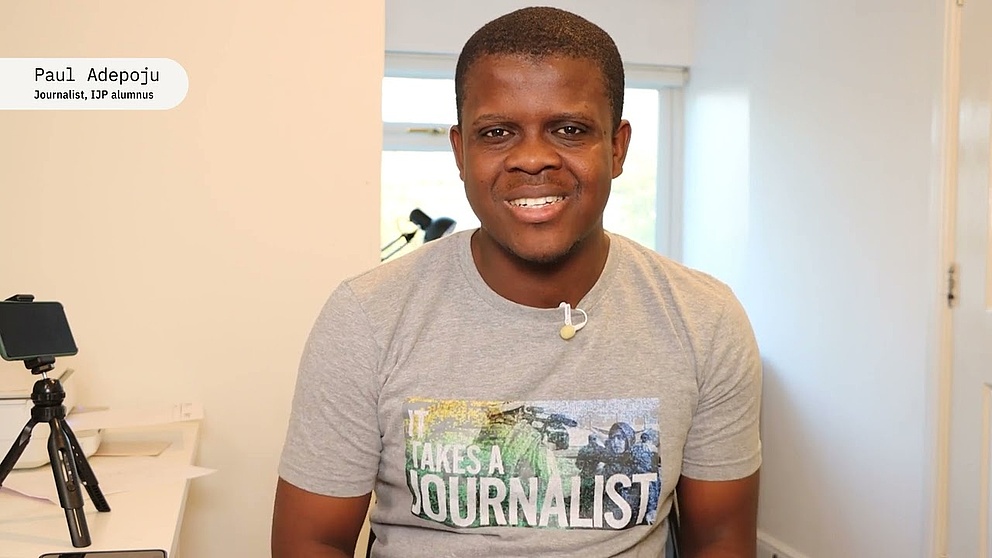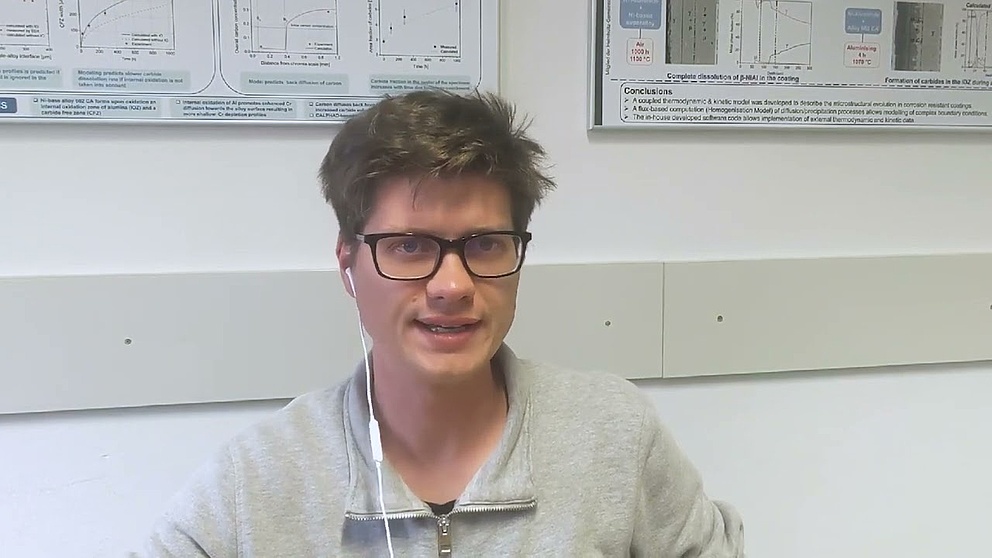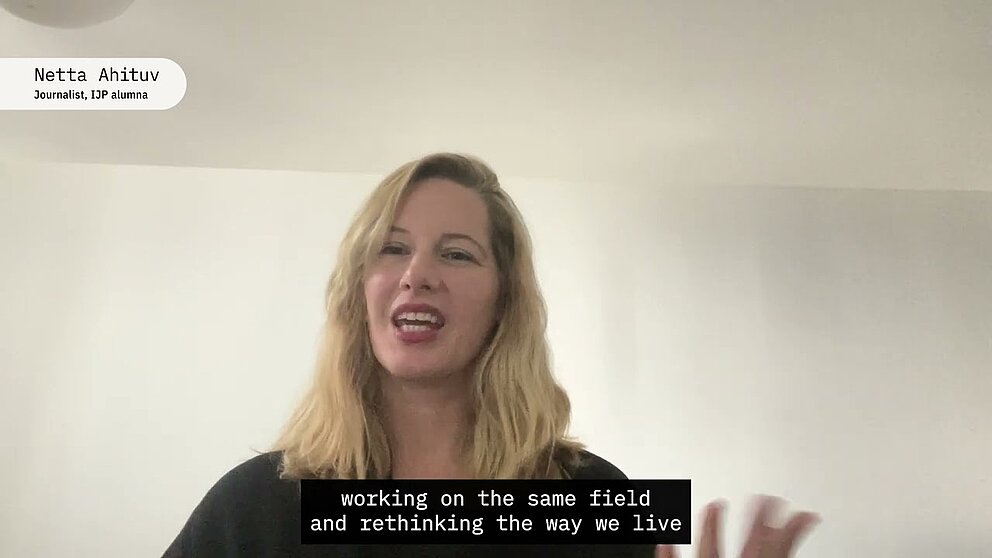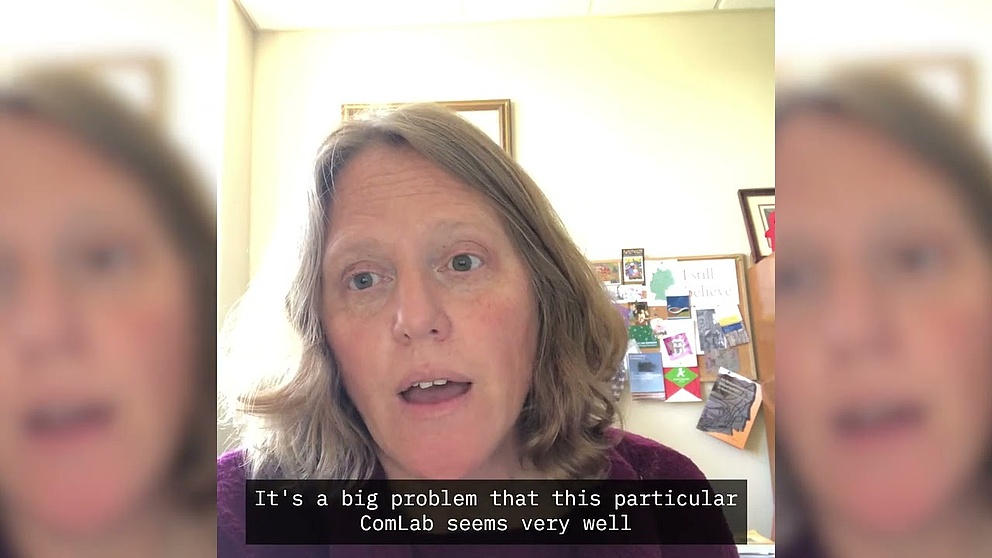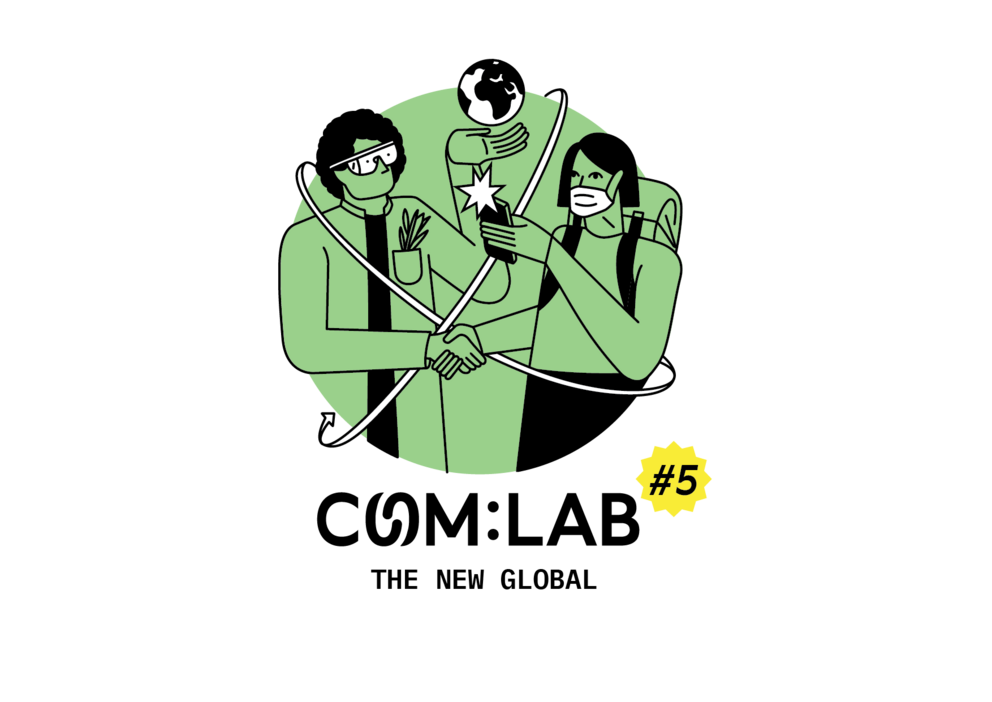

Contact
Press, Communications and Marketing
Tel.: +49 228 833-144
Fax: +49 228 833-441
presse[at]avh.de
What will tomorrow’s world look like? The current ecological, political and humanitarian crises – from climate change via the war in Ukraine to the global famine – demand a new understanding of communality. The world needs new visions for a sustainable and livable future. But what are the technologies that help us in the fight against heat waves and floods? How can we finance a resource-friendly energy industry? What can we learn from art and the media about the vulnerability but also the resilience of (trans)national communities? And what kind of narratives do we need to strengthen a culture of sustainable and fair networking? The fifth digital Communication Lab provided a platform to reflect on new forms of global cooperation in the field of resources, labour, migration, trade and energy production. Alumni of the International Journalists’ Programmes teamed up with Humboldt Foundation sponsorship-recipients and alumni to consider global solutions and successful communication strategies.
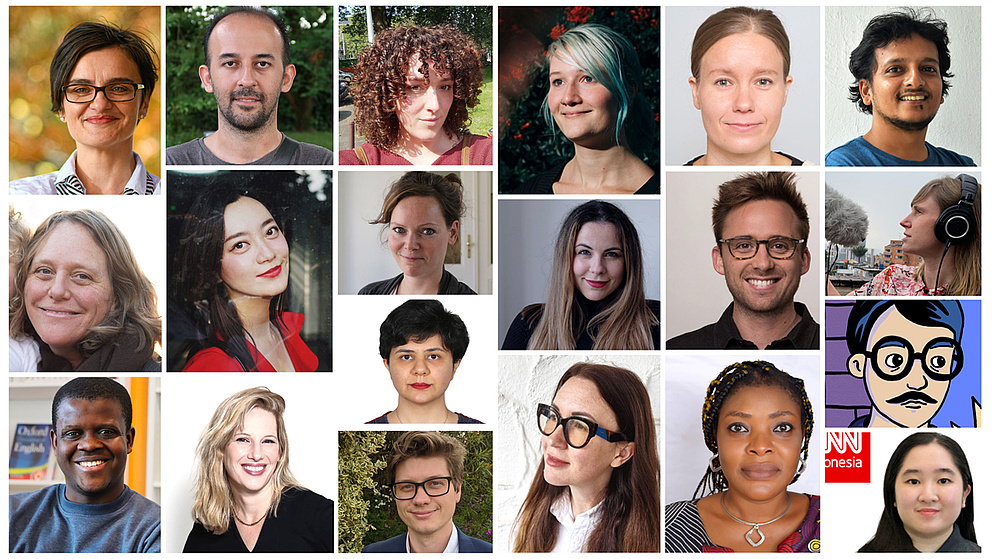
In his welcome address, Vito Cecere, Director for Academic Relations, Education and Research Policy at the Federal Foreign Office, emphasised the broad appeal of research and the media. "Researchers and journalists can provide the solutions and visionary narratives that help us to foster a mindset of change. We need to raise awareness of the social, ethical and economic impacts of the current crises. At the same time, we should focus on the benefits of new technologies, but also on the power of language and culture to connect us worldwide. We need to exchange knowledge on how research can be applied and communicated in different contexts and to the benefit of many people around the globe."
Other internationally renowned speakers also gave the participants food for thought. The director of the London School of Economics, Baroness Minouche Shafik, talked about the need for a new social contract and the relationship between individual and collective responsibility in the face of global crises. Baroness Shafik stressed that we need to strengthen mutual social and economic obligations and invest in capabilities in education, work and health. Ian Goldin, professor of globalisation and founding director of the Oxford Martin School, University of Oxford, made it clear that the current crises also constitute an opportunity for future societies if they are accompanied by radical reforms and a rethinking of the global system. What is needed is not less globalisation, but more of the good sides of globalisation – connecting ideas, creativity and innovations.
More new ideas were sparked by Humboldt Professor Thorsten Wagener. The participants spoke to him about the importance of water as a global resource. Wagener demonstrated the potential of computer simulations to analyse the effects of climate change on hydrological processes and thus to better assess and prevent extreme weather phenomena such as flooding in the future.
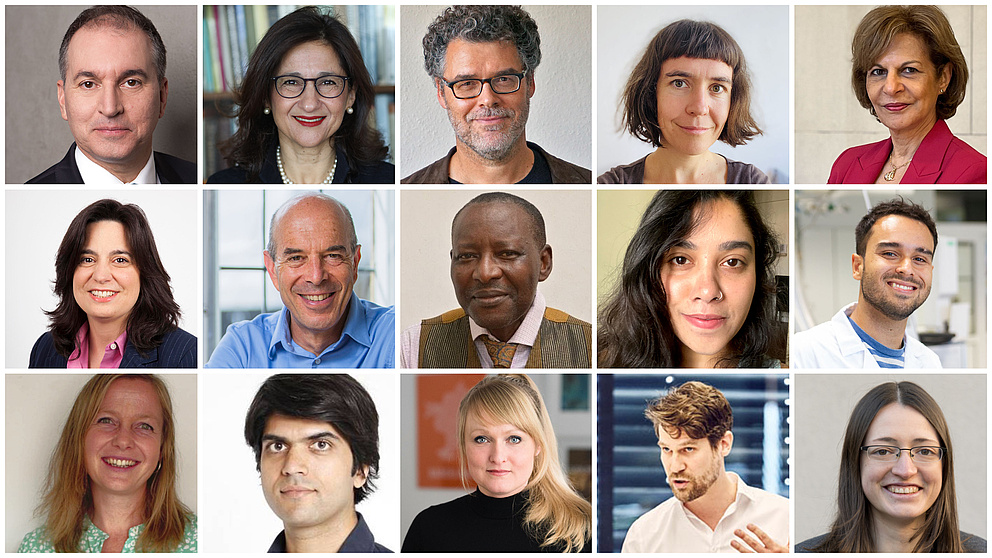
Climate change and scarce resources are also drivers of global migration. In his lecture, Steve Tonah, professor of sociology at the University of Ghana and Humboldt Award winner, pointed out that there is a lack of good global governance to combat migration processes and their negative effects like poverty, political instability and the loss of family structures. Whereby, according to Tonah, one could learn from other countries, especially with regard to recruiting new workers and changing systems of work. Especially in agricultural economies like Ghana, it would be helpful to look to Europe.
Shada Islam, an experienced analyst and social innovator from Brussels, shared ideas on the current state of international cooperation. Even if the vision of a diverse European Union is being threatened by radicalising and exclusionary movements, one should never underestimate the power of individual action and positive narratives in the fight against discrimination and exclusion.
Voices of the participants: Why do you want to take part in ComLab#5
In addition to the keynote speeches by representatives of academia and political consultancy, the event focused on the exchange of ideas on effective methods of science communication and potential forms of cooperation between research and the media. Featuring Alok Jha, science correspondent at The Economist, Jens Radü, managing editor at DER SPIEGEL, and Mariette DiCristina, dean of the College of Communication at Boston University and internationally renowned science journalist, the participants were able to consult with experienced media experts in the field of storytelling. Alumni of previous ComLabs shared their experiences of interdisciplinary, intercultural and virtual science-media collaboration. Rebecca Winkels from Wissenschaft im Dialog presented different formats of science communication and Annegret Burkert from Science Media Center Germany emphasised the importance of institutional support for high-quality science reporting.
In the final pitching session with Alok Jha, the tandems presented the initial ideas. During the next eight weeks, the participants will continue to work on their projects. On 2 September 2022, the three best contributions from the fifth Communication Lab will be awarded a prize.
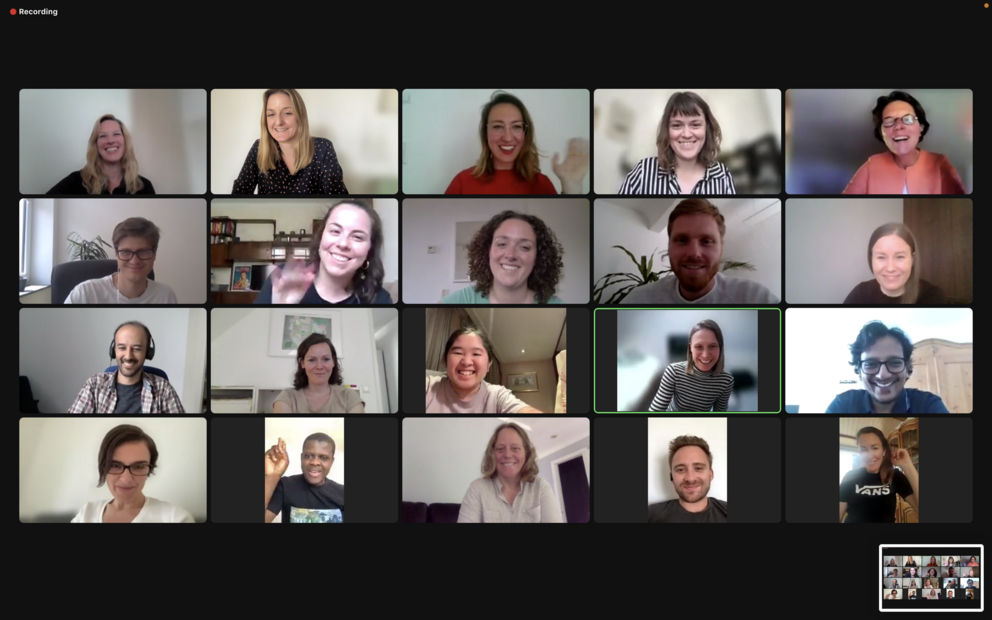
Twice a year, ten Humboldt Foundation sponsorship-recipients get together with ten alumni of the International Journalists’ Programmes (IJP e.V.). In teams of two, they develop an innovative journalistic project during a four-day workshop. Qualified mentors supervise the development process. Learning from one another is at the heart of the work. What do they expect from one other? How can trusting cooperation succeed? And what constitutes good science communication?
You will find further information here.
The Foundation is committed to fostering the conversation with society. For further information on its activities in the field of science communication, visit here.

